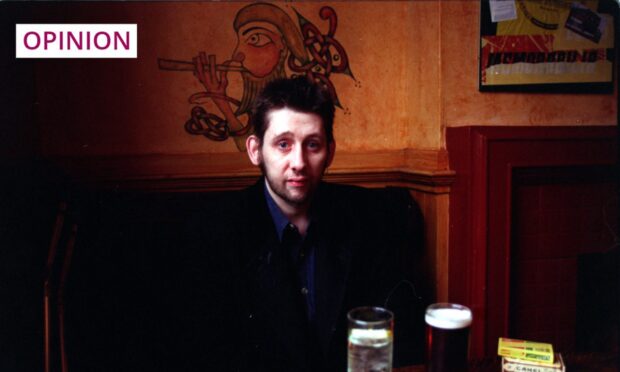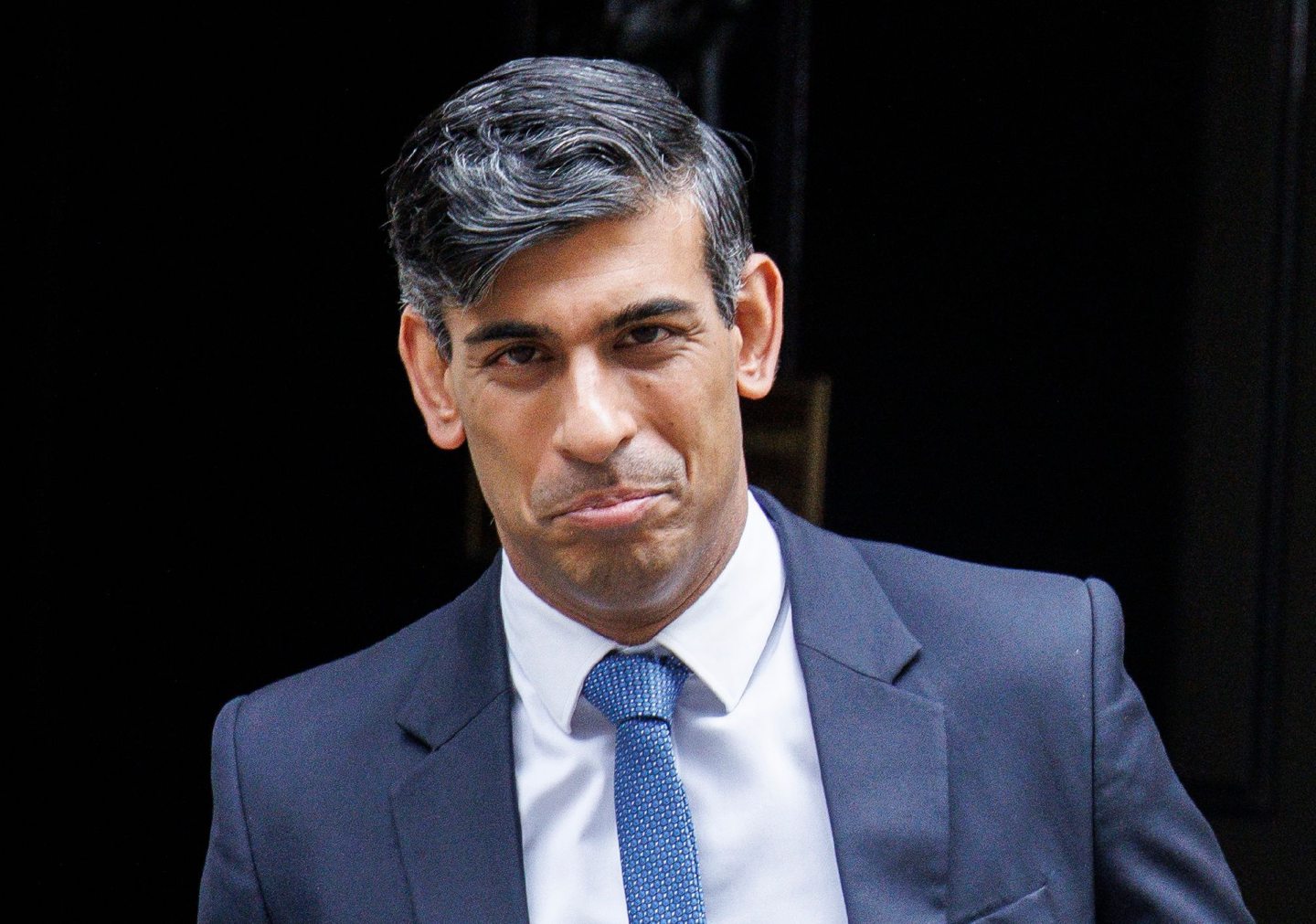Now the kids are older, I was first up by several hours on Christmas morning. I spent the time watching a funeral.
That sounds gloomy, doesn’t it? Season’s greetings and all that.
In fact, it was joyous. December 25 is the birthday of, among others, the great Shane MacGowan, so recently lost to us, and I decided to enjoy the astonishing music that was performed at his send-off.
There was Nick Cave with his gorgeously moving rendition of A Rainy Night in Soho, and Cait O’Riordan reviving I’m a Man You Don’t Meet Every Day, which she first recorded on the Pogues album Rum Sodomy & the Lash back in 1985. There was a version of Haunted, one of Shane’s finest songs and a hit duet with Sinead O’Connor, who also died last year.
The remaining Pogues did the wholly apposite, traditional Scottish/Irish song The Parting Glass. And there was the inevitable rousing take on the mighty Fairytale of New York, which had mourners twirling in the pews.
For a second time, I was fair moved by it all; I’ve been listening to the Pogues an awful lot since Shane’s passing. Since I was a teenager, he has been one of my real heroes; an uncompromising artist to his very essence. He has left behind a staggering legacy of poetry and melody, some of the canon’s best romantic ballads and most uproarious, intelligent folk and pop songs, and a rekindled global appreciation of the Irish condition, so unflinchingly portrayed in his music and words.
As I get older, I have begun to feel my own Irish family heritage more deeply. Shane has been a conduit for that. The country’s poisoned history and its experience of oppression and brutality weigh more heavily on me these days. And I can think of no other nation that produces such tremendous literature and music on such a consistent basis. I’m sure the two are related. It is an astonishing place.
Connected by talent and pursuit of artistic truth
As someone who spends most of my time working with and worrying about words and ways of expression, 2023 was a difficult year. Shane’s loss was hard enough. My true literary love was Martin Amis, who left us back in May, and I’m not sure I’m over his death even yet.
He and Shane could scarcely be more different; one a scion of privileged Englishness, the other a brawling, boozing Irish soul rebel. And yet, for me, they are connected – perhaps in their profound, seemingly God-given talent, perhaps in their pursuit of what they saw to be artistic truth.
I melt at these words from MacGowan’s Lullaby of London:
“As I walked down by the riverside
One evening in the spring
Heard a long-gone song
From days gone by
Blowing in on the great north wind.
Though there is no lonesome corncrake’s cry
Of sorrow and delight
You can hear the cars
And the shouts from bars
And the laughter and the fights.”
A perfect and typical contrast between the sylvan and the urban, that: the gentle peace of the one bleeding into the angry energy of the other, all in one elegant verse.
Amis, too, was a master of control and insight. From The War Against Cliché: “A sense of humour is a serious business; and it isn’t funny, not having one. Watch the humourless closely: the cocked and furtive way they monitor all conversation, their flashes of panic as irony or exaggeration eludes them, the relief with which they submit to the meaningless babble of unanimous laughter.
I’ve never liked the line that politicians ‘campaign in poetry and govern in prose’. They almost never do – or not these days
“The humourless can programme themselves to relish situations of human farce or slapstick – and that’s about it… The humourless have no idea what is going on and can’t make sense of anything at all.”
Glorious. And it brings me neatly to one of the challenges our language will face in 2024: a general election. I’ve never liked the line that politicians “campaign in poetry and govern in prose”. They almost never do – or not these days.
We are ruled, instead, by people who treat us like morons, who play to the lowest common denominator and who daily torture our language in their pursuit of popularity and electoral success.
A year of glib soundbites and empty boasts lies ahead
It is hard to think of a politician who has been straight with the voters – who has shown them enough respect to speak with real honesty about the challenges any administration faces.
As the SNP has lost its grip, its claims have become ever more outlandish, whether about the state of our schools or our economy or the prospect of achieving independence. The only people who fall for the schtick emanating from grim-faced, humourless ministers these days are the gullible and the foolish.
Meanwhile, the Tories at Westminster grow ever more desperate as they head towards inevitable defeat. Their Rwanda policy manages to be both farce and tragedy at the same time. Rishi Sunak, who appears to be a decent man out of his depth amid the sharks circling him is flailing around for anything that might buy him some credit with an electorate that long ago decided his party’s time is up.
A year of glib soundbites and empty boasts lies ahead of us, 12 months of our language – which, when used with artistry, brings out the best of our species – being held down and waterboarded by those with a lust for power. It really isn’t funny.
Chris Deerin is a leading journalist and commentator who heads independent, non-party think tank, Reform Scotland


Conversation